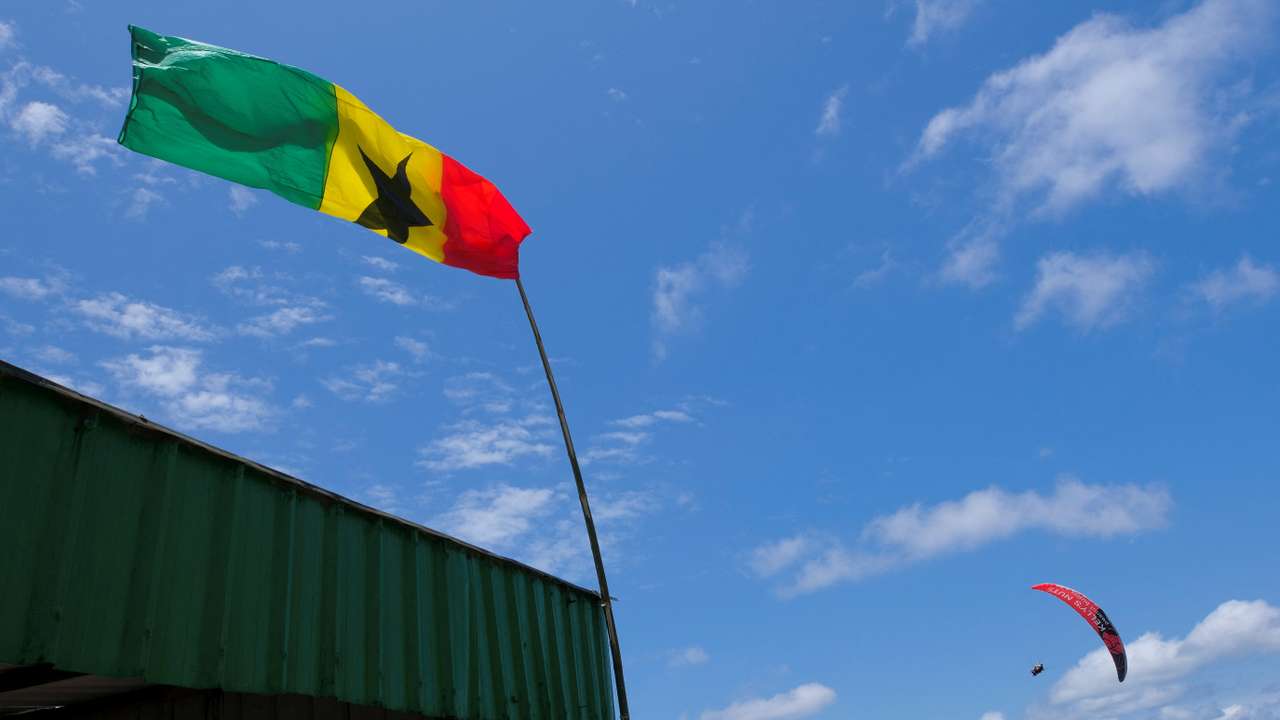All you need to know about Ghana's December 7 elections

Ghana's December 7, 2024, general elections will determine the president and the 275 members of parliament (MPs) for the next four years.
Over 18 million voters are anticipated to participate in the election at 40,975 polling stations spread across the country's 16 regions.
The country returned to multi-party democracy in 1992 under Jerry John Rawlings through the 1992 constitution, which brought into force the 4th republic.
A general election involves voting on two levels at the same time: presidential and parliamentary.
Presidential candidates
Ghanaians will be choosing the sovereign leader from 12 candidates. These candidates include incumbent Vice President Dr. Mahamudu Bawumia, a candidate of the New Patriotic Party (NPP), and the main opposition leader and ex-President John Dramani Mahama of the National Democratic Congress (NDC), who is contesting for the fourth time in the 4th republic.
On the candidature list is also a former trade minister, Alan Kojo Kyerematen, who broke away from the ruling NPP to become an independent. There is also the real estate magnate and political newcomer, Nana Kwame Bediako, running as an independent.
Other candidates include Nana Akosua Frimpomaa Kumankuma of the Convention People’s Party (CPP), the only female candidate. Hassan Ayariga of the All People’s Party (APP), Christian Kwabena Andrews of Ghana Union Movement (GUM), Mohammed Frimpong of National Democratic Party (NDP), Daniel Augustus Lartey of Great Consolidated Popular Party (GCPP), Kofi Koranteng, an independent candidate, George Twum Barim-Adu, an independent candidate, and Akua Donkor.
Despite her recent passing, Akua Donkor remains on the ballot, with votes for her to be declared invalid by the Electoral Commission.
Electoral process
Ghana’s presidential elections use a two-round system: if no candidate secures a majority in the first round, a runoff is held between the top two candidates. Parliamentary seats are decided by whoever gets the most votes in each constituency.
Subsequently, parliamentary results are announced immediately after counting at the constituency level, usually on the same day. Presidential results, however, are first announced at the 16 Regional Collation Centres before the final declaration at the Electoral Commission's National Headquarters, typically within 72 hours after polls close.
Facts
Ghana holds its presidential and parliamentary elections every four years, as outlined in the 1992 Constitution. Although not required by law, both elections have been held on the same day since December 1996. All citizens aged 18 and above can register to vote.
For the upcoming December 7 elections, 18,774,159 voters are registered out of an estimated population of 35 million. Historically, voter turnout has been high, with 79% participation recorded in the December 2020 elections.
Just like in many other countries, inflation, high cost of living, and unemployment are the key issues that will set the tone for the eventual winner of the elections. This is the ninth general election in the 4th republic.